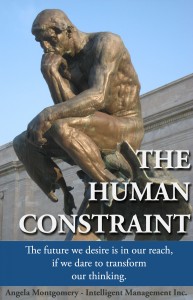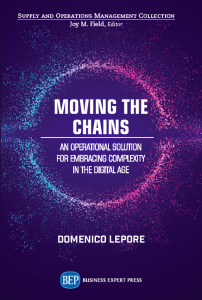
We’re a little late this week with our post as we are working intensively with clients who are growing, in spite of a global crisis. This is one of the principal benefits of adopting a systemic approach.
We would like to share with you something that the Director of an international recruiting company posted this week on LinkedIn:
Considering the assessments managed by our Milan Team over the last year, the request by national and international companies to select managers and directors capable of “creating connections” between the different company functions and oriented to form their first reports to “think” in a broader logic of their specific area of responsibility emerges stronger than in the past.
I am convinced that this capacity will become even more relevant in the near future.
It’s all about people.
#assessment #leadership #advisory #management #people #business
One of the comments on this post came from the top executive of a multi-national with which Intelligent Management carried out a significant project:
The success of any organization and its sustainability over time are predicated on the reliability with which it operates its processes (fundamentally repetitive) and successfully launches new initiatives (which we can call “Projects”). Processes and projects reflect the inherently systemic nature of the work of organizations. It seems reasonable to think of an organizational model underlying this way of working as”networked”.
On the contrary, the prevailing organizational models are hierarchical-functional (silo) and arise from the need to guarantee control over the responsibilities of individual work and to detect the nature of the costs that the activity generates.
Both accountability and performance needs are legitimate but, all too often, their simultaneous satisfaction leads to a seemingly unsolvable conflict between the organizational models behind them.
We are helped by the model of “company seen as a system”, formulated by Deming in 1952, nothing less than the foundation of Quality as an organizational system.
Back to the future with Deming
So yes, it is about people, but first and foremost, it is about how the organization that people work in is designed, organized and managed. That is how we create not just connections but interdependencies that enable the company to achieve its goal. It’s high time to go back to the future and heed the teachings of Dr. Deming that were so ahead of their time. We must drive out fear and allow for joy in work. This means we have to change the way we manage and change the way we organize the people we manage so that we abandon forever the artificial barriers that most companies still create. We need to learn to become one, whole system that works towards a common goal without “ceilings” or “ladders”. This is how we can eliminate bias and focus on competencies. This is why we developed the Decalogue methodology, based on Deming’s approach to management and the Theory of Constraints, and today it is more relevant than ever.
Contact: intelligentmanagement@sechel.ws
SCHEDULE AN INTRODUCTORY CALL WITH US







Leave a Reply